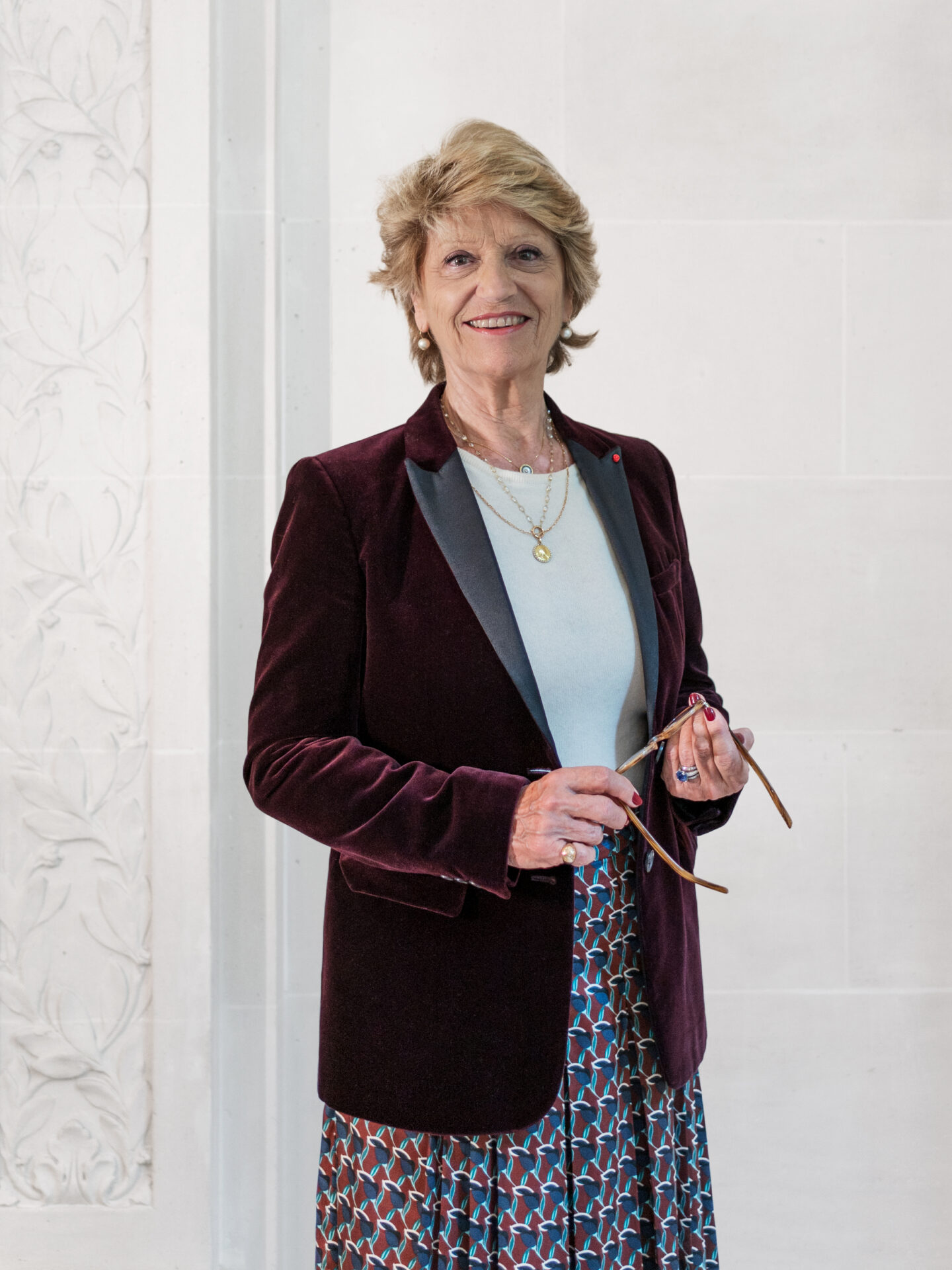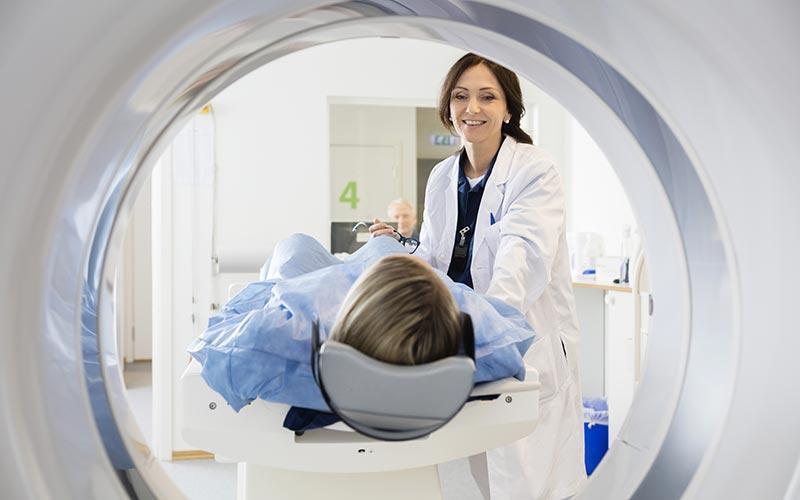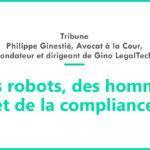By Catherine Paley-Vincent, Associate lawyer and Nathalie Boudet-Gizardin, Lawyer counsel
Three years after Decree No. 2018-117 of February 19, 2018, relating to the simplification and modernization of authorization regimes for care activities and heavy material equipment, the Minister of Solidarity and Health signed, on May 12, 2021, a new prescription amending certain provisions of the Public Health Code governing the regime of these authorizations.
Taken pursuant to article 36 of the Law n ° 2019-774 of July 24, 2019, relating to the organization and transformation of the health system, this ordinance is in line with the plans " My health 2022 " and " Health Segur »Aiming to transform the health system in a dynamic of deconcentration.
The stated objective of this new ordinance is to reduce delays and cumbersome procedures. issuance and renewal of authorizations for care and heavy material equipment (EML).
Among the main changes made to the licensing regime for heavy material equipment, the ordinance provides for:
- The establishment of vigilance indicators with the aim of strengthening the quality and safety of care.
Henceforth, article L. 6122-5 of the Public Health Code (CSP) provides for the creation of vigilance indicators, which will be defined by order of the Minister of Health on a proposal from the High Authority for Health (HAS). This preventive measure consists of setting a level of alert which will oblige the holder of the authorization, if the Regional Health Agency (ARS) deems it necessary, to initiate consultation with the latter to consider possible corrective measures. , in order to perpetuate this authorization.
If necessary, the initiation of this consultation will be notified by the Director General of the ARS to the holder of the authorization. The implementation of this consultation, initiated by the ARS on a case-by-case basis, must take place within a period which may not be less than two months.
This consultation procedure and the implementation of any corrective measures will depend on the maintenance or renewal of said authorization.
If the authorization holder refuses to participate in such consultation, the authorization may be suspended or withdrawn by the ARS.
The aim of creating vigilance indicators is thus to identify and analyze possible risky situations, and to remedy them, in a preventive manner, by implementing concrete corrective actions.
- Removal of the systematic assessment file by going from submitting a heavy assessment file to a simple request from the license holder, considerably reducing administrative procedures.
Remember that to date, to obtain the renewal of heavy material equipment, the holder of an authorization must send the results of the assessment of his activity and the functioning of his EML to the ARS, at the latest fourteen months before the expiry of the authorization. A voluminous assessment file, meeting the requirements imposed by article R. 6122-32-2 of the CSP as well as the criteria defined in the regional health plan, must be produced by each holder wishing to renew their authorization.
The renewal of the authorization is therefore subject to compliance with the same conditions as those provided for an initial request for authorization, namely:
- Respond to the health needs of the population identified by the regional health plan,
- Be compatible with the objectives set by this scheme,
- Satisfy installation conditions and technical operating conditions.
The cumbersome nature of such a device, denounced by establishments and health professionals, has led the government to abolish the requirement for the constitution of such a renewal file to replace it with a simple renewal request.
Henceforth, outside the injunction procedure, the renewal of the authorization will no longer be subject to a systematic evaluation of the latter but to a simple request for renewal made to the ARS by the holder of the authorization, at most. no later than fourteen months before it expires (article L. 6122-10 of the CSP).
According to the report of the Ministry of Solidarity and Health to the President of the Republic, “ this streamlining of the renewal procedure is made possible by the existence or creation of other information channels for the ARS on current authorizations (HAS certification reports, vigilance indicators, etc.) allowing continuous assessment ».
This procedural simplification responds to a desire to make the assessment of authorizations more dynamic while allowing healthcare professionals to refocus on less administrative actions.
These provisions will come into force after the publication of an implementing decree and no later than January 1, 2022.
- The extension of the opposability of technical operating conditions to authorizations for heavy material equipment.
In order to reinforce the principle of a qualitative framework for authorizations, Article L. 6122-8 of the CSP now provides that the authorization will set the quantitative and qualitative objectives to be achieved for authorized care activities or heavy material equipment, and will provide for the penalties applicable in the event of non-compliance with these objectives, which is not the case today.
In addition, when these quantitative and qualitative objectives are insufficiently achieved according to the criteria defined by decree, the director general of the ARS will have the possibility of revising the authorization (article 6122-12 of the CSP)
- Limiting authorization to specific therapeutic practices
The Ordinance now opens up the possibility of submitting an authorization request limited to specific therapeutic practices, which will subsequently be specified by decree, as now provided for in Article L. 6122-7 CSP.
- The extension of the authorization period for shared medical imaging platforms
Recall that the mutualized medical imaging platforms (PIMM) were created by law n ° 2016-41 of January 26, 2016 with the objective of setting up medical imaging offers and thus consolidating the permanence of care on the territory.
Until the ordinance of May 12, 2021, the authorization to create a PIMM was granted by the ARS " for a renewable period of five years, after the opinion of the regional conference on health and autonomy, in view of the results of a call for projects launched by the regional health agency ».
Henceforth, Article L. 6122-15 of the Public Health Code provides that this period is extended to seven years, renewable. This new deadline is therefore now aligned with that provided for authorizations for care and “classic” heavy equipment.
These various measures, with the exception of the deletion of the systematic assessment file, will come into force on June 1, 2023.
This new device therefore has in particular for objective of reinforcing the requirements of quality of care while reforming certain aspects of the process of obtaining and renewal of authorizations for heavy material equipment, benefiting both ARS and healthcare establishments and professionals.
This ordinance therefore constitutes a new progress in licensing reform of heavy material equipment, which will be followed by several implementing decrees during the years 2021 and 2022.

Catherine Paley-Vincent
Partner
Recognized expert in health law, she intervenes in particular for the constitution and monitoring of structures between hospital and / or liberal health professionals, for the management of possible conflicts and their transactional, judicial or disciplinary consequences. The field of medical imaging is particularly familiar to him.
She advises pharmaceutical companies on medical devices, labeling and clinical trials.
She is regularly consulted on the application of ethics, in particular with regard to the regulation of professional orders of networks, advertising and the Internet used in the medical and veterinary world.

Nathalie Boudet-Gizardin
Counsel
She joined the firm the same year in the Civil and Health team of Catherine Paley-Vincent. She advises health professionals particularly in terms of:
Civil, disciplinary and criminal defense of health professionals, professional orders and medical and veterinary biology laboratories
Advice and assistance to health professionals to structure their activities, including within the framework of public / private cooperation, particularly in medical imaging
Support for healthcare professionals and innovative companies in the development of their e-health projects.




